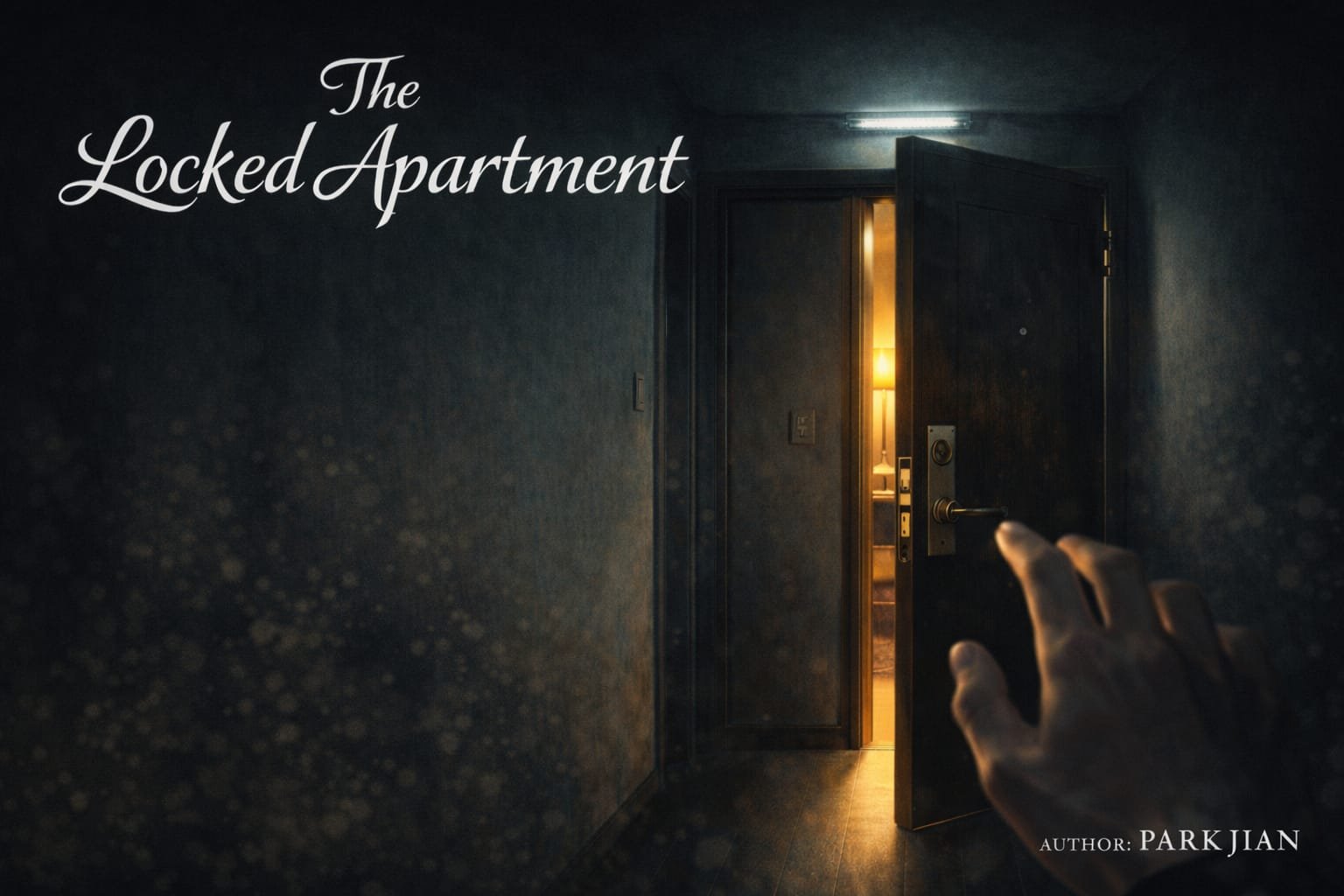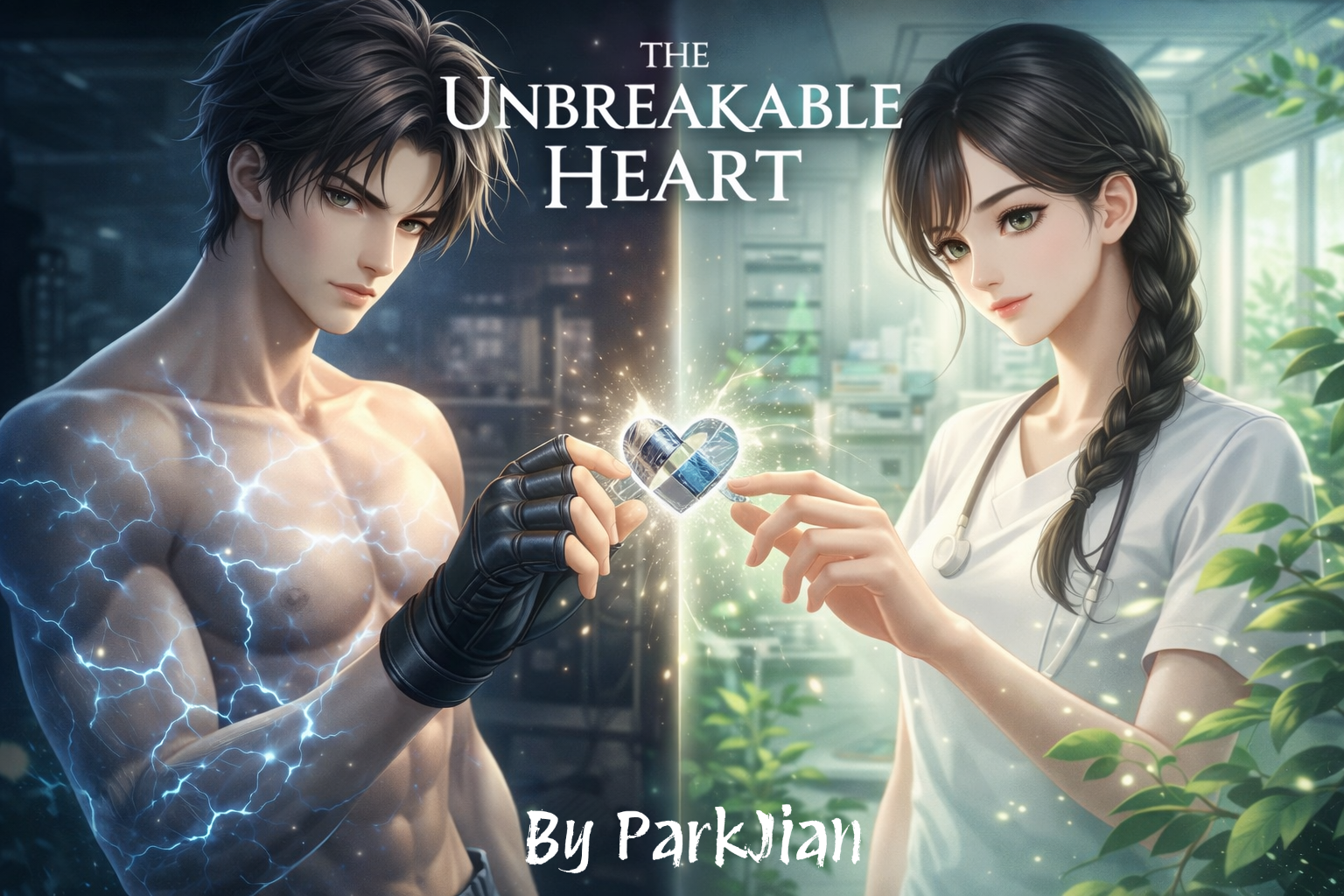Life can get loud. Thoughts pile up. Emotions feel heavy. And sometimes, even when nothing is “wrong,” you still feel tired inside. If that’s where you are right now, this 30-Day Mental Cleanse Challenge is for you.
This challenge isn’t about fixing yourself because you’re not broken. It’s about slowing down, creating space, and learning how to take care of your mind with kindness. Over the next 30 days, you’ll gently support your mental health through self-care, simple movement, healthier habits, less screen time, and more joy.
You don’t need to be perfect. You don’t need to do everything “right.” Just show up as you are. That’s enough.
🌱 Phase 1: Self-Care (Days 1–7) / Be Gentle With Yourself
Self-care is not selfish. It’s how you refill your emotional cup. This first week is all about rest, comfort, and reconnecting with yourself.
Day 1: A Warm, Comforting Bath or Shower
Let the water wash over you and imagine it carrying stress away. Warm water naturally relaxes the body and calms the nervous system.
Tip: Soft music, dim lights, and a deep breath can turn this into a grounding moment.
Day 2: Journaling Without Judgment
Write freely. No grammar rules. No pressure. Just honesty.
Prompt: “What am I feeling right now—and what do I need?”
Day 3: Evening Meditation
Even five quiet minutes can help your mind slow down. Sit comfortably and focus on your breath.
If your thoughts wander—that’s okay. Gently bring them back.
Day 4: A Simple Spa Day
Care for your body with intention. Massage lotion into your hands, apply a face mask, or stretch gently. Touch can be deeply calming.
Day 5: Read for Comfort
Choose something light or comforting. Reading helps your mind rest and escape daily worries.
Day 6: A Loving Skincare Ritual
Turn your skincare routine into an act of self-respect. As you apply each product, remind yourself: “I deserve care.”
Day 7: Nature Walk (No Pressure, No Rush)
Step outside. Feel the air. Notice colors and sounds. Nature quietly reminds us that we don’t have to rush to exist.
This week teaches you one thing: you are allowed to slow down.
🧘 Phase 2: Nutrition & Movement (Days 8–14) / Support Your Body Kindly
This week isn’t about dieting or pushing yourself. It’s about nourishing your body with respect.
Day 8: Drink More Water
Hydration helps with focus, mood, and energy. Sip gently throughout the day.
Day 9: Cook Something New
Cooking can be grounding and creative. Try something simple and colorful.
Day 10: Gentle Yoga or Stretching
Move in a way that feels good. No comparison. No forcing.
Day 11: Make a Colorful Smoothie
Bright foods often support better mood and energy.
Day 12: Walk Outside
Fresh air and sunlight naturally lift your mood. Even a short walk counts.
Day 13: Prepare Easy Meals
Planning ahead reduces stress and decision fatigue.
Day 14: Try a New Form of Movement
Dance in your room. Stretch. Ride a bike. Let movement feel playful again.
This week reminds you: your body is your partner, not your enemy.
📵 Phase 3: Digital Detox (Days 15–21) / Protect Your Peace
Your mind needs quiet, too. This week helps you create healthier boundaries with screens.
Day 15: Delete Apps You Don’t Need
Less noise, less pressure.
Day 16: Unsubscribe From Emails
Your inbox doesn’t need to stress you out.
Day 17: Limit Social Media Time
Comparison steals joy. Boundaries protect it.
Day 18: Screen-Free Evening
Read, draw, talk, or simply rest.
Day 19: Organize Digital Files
Clarity outside creates calm inside.
Day 20: Social Media Break
It’s okay to disappear for a day. The world will wait.
Day 21: Phone-Free Zone
Choose one space where presence matters more than notifications.
This week teaches you: your attention is valuable.
🌸 Phase 4: Positivity (Days 22–30) / Invite More Light In
This final phase gently shifts your focus toward hope, gratitude, and emotional healing.
Day 22: Write What You’re Grateful For
Even small things count.
Day 23: Speak Kindly to Yourself
Replace harsh thoughts with gentle truths.
Day 24: Send a Kind Message
Connection heals.
Day 25: Create a Vision Board
Dreaming is allowed. Wanting more is okay.
Day 26: Listen to Something Uplifting
Words shape feelings.
Day 27: Do Something You Love
Joy is not a reward—you deserve it now.
Day 28: Write a Forgiveness Letter
This is for your peace, not theirs.
Day 29: Celebrate Your Growth
Look how far you’ve come.
Day 30: Plan Something Fun
Hope gives us something to hold onto.
This week reminds you: happiness grows when you nurture it.
💗 Final Thoughts: Why the 30, Day Mental Cleanse Challenge Works
This 30-Day Mental Cleanse Challenge is not about changing who you are. It’s about coming home to yourself.
By showing up gently each day, you may notice:
- Less mental stress
- More emotional clarity
- Better focus and energy
- A kinder relationship with yourself
You don’t need to do everything perfectly. Progress matters more than perfection.
If this challenge helped you, invite someone you love to try it too 🤍
Real Ways to Make Money Online in 2026 (Stop Wasting Time on Trash)
The Real Ways to Make Money Online in 2026 I know for a fact that you’re tired of searching the internet…
8 High-Income Skills That Matter More Than a Degree in 2026 and Beyond
For a long time, we were told that a degree is the only path to success. However, the world has…
Cdramas to Watch 2025: Top 10 Chinese Drama on Netflix by Views and Fan Love
If you are searching for Cdramas to watch 2025, you are not alone. This year, Chinese dramas on Netflix exploded…
8 Simple Habits That Can Solve 99% of Adult Problems (No, Seriously)
Let’s be honest for a second.Most adult problems are not dramatic movie-level disasters. Instead, they usually come from small, daily…
The Locked Apartment | A Mystery Thriller Story
Title: The Locked ApartmentGenre: Psychological Mystery Thriller Author: Park JianStoryline: A meticulous man’s orderly life shatters when he returns home to find his apartment…
Netflix & Disney+ Originals K-Drama Lineup for 2026: Full List, Plots, and Why Fans Are Losing Their Minds
The Netflix & Disney+ Originals K-Drama Lineup for 2026 is honestly looking insane in the best way possible. We are…
The Library of Lost Souls | Fantasy Romance Novel
Story/Novel Title: The Library of Lost Souls Genre: Fantasy Romance, with Thriller, Comedy & Young Adult elements. Author: PARK JIAN (ME) CHAPTER TWO THE FIRST…
The Unbreakable Heart – A Fighter & His Therapist’s Story
The Unbreakable Heart Genre: Psychological Romance ThrillerAuthor: Park Jian CHAPTER 3 Leo woke to the smell of coffee and the soft sound of rain…
100 Faceless YouTube Niches You Can Start TODAY (Even With Zero Experience)
Starting YouTube sounds exciting, right? However, the moment people hear “camera” and “editing,” fear kicks in. Because of that, many…
72+ AI Tools to Finish Months of Work in Minutes (2026 Guide)
Intro… In today’s fast-paced world, working smarter beats working harder. That’s why AI tools are no longer a luxury, they’re essential….











